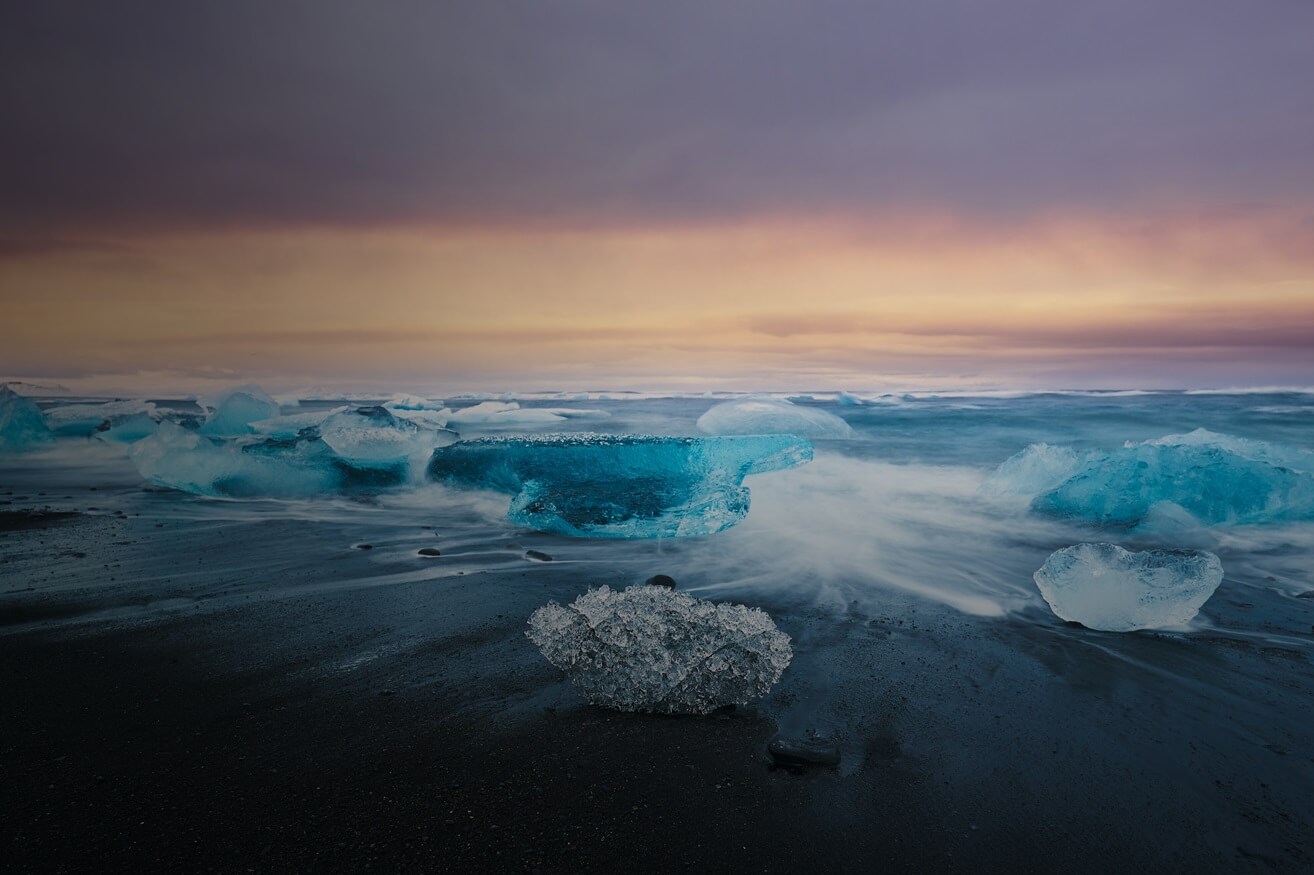
Recognizing Outstanding Mid-career Contributions to the Field of Global Environmental Change
The Piers J. Sellers Global Environmental Change Mid-Career Award is presented annually and recognizes outstanding contributions in research, educational, or societal impacts in the area of global environmental change, especially through interdisciplinary approaches. It is named to honor the work and life of Piers J. Sellers, an accomplished astronaut, AGU Fellow and member of the Global Environmental Change Section who was a pioneer of vegetation and carbon modeling. Successful nominees are may be an individual mid-career scientist or team of mid-career scientists.
- An award certificate
- Recognition in Eos
- Recognition at AGU's annual meeting the year the honor is awarded
- Ticket to the Global Environmental Change dinner that occurs at AGU's annual meeting the year the honor is awarded
About the Global Environmental Change Section
Global Environmental Change addresses large-scale chemical, biological, geological, and physical perturbations of the Earth’s surface, ocean, land surface, and hydrologic cycle with special attention to time scales of decades to centuries, to human-caused perturbations and their impacts on society.
Eligibility
- an active AGU member
- affiliated with the Global Environmental Change section
- a mid-career scientist within 10 to 20 years of receiving their Ph.D. or highest terminal degree

